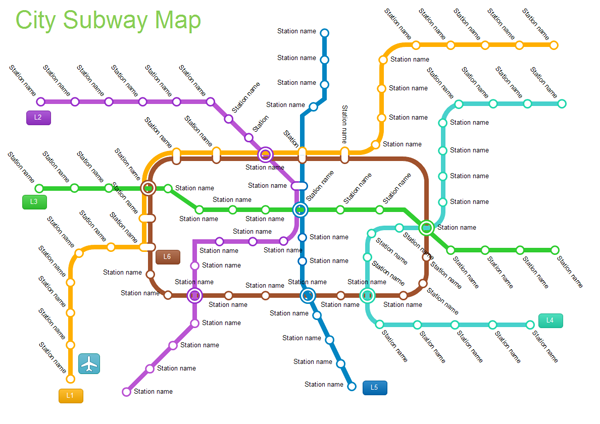With classes done and exams in full swing, we have an opportunity to reflect on what has happened over the past 5 or so months. We have learned about the important enzymes that allow us to metabolize nutrients and sustain life, the battle that occurs inside us every time we are invaded by foreign pathogens, the intricate design of cells in different parts of the body, the bacteria we should love and hate, the true meaning of statistical significance, and ethical dilemmas physicians face on a daily basis. It has become pretty apparent to me that the fact humans function so well on a daily basis is a miracle. While it’s crazy to think we have learned all this in one semester, I knew I would be studying these subjects. This is medical school after all.
I knew we were complicated creatures, but I have witnessed another level of our awesomeness these past few weeks. Finals are not the most relaxed time for students. The elevated cortisol levels tend to bring out the worst in people. However, that has not really been the case for my class. It was clear from the beginning of school, that people were interested in collaborating. Classmates would share resources they were using, notes they had compiled, or Anki flash cards they had made with other classmates frequently. When classes ended and exams began, I assumed people would be MIA and only surface on exam days, like any other exam period I had experienced in undergraduate.
Since classes have ended, I have been blown away by the amount of generosity that has gone on. People sharing notes, resources, and uplifting videos in our Facebook group. I am constantly getting notifications about this new resource or PDFs or question banks or YouTube videos or outlined notes. While it’s hard to keep tract of what I could be using at times, but its comforting to know we are all working toward the same goals together. In addition to sharing resources, people have also been sharing their time. Classmates have made a concerted effort to check in with each other to see how
people are handling the stress of finals. It’s pretty amazing to see how invested people are in our success as a group, not just the individual. I’ve been told going into medicine is like running a marathon. You cannot sprint, you have to pace yourself. Even though running and taking exams are individual sports, they are much easier when you have a team of individuals to help keep you honest with your training. With four exams down and one more exam to go, there is an end in sight. We are about to cross our first finish line in a series of many races and I am incredibly grateful for the team I have here in Beer Sheva.
I mean, how hard can crossing the finish line be when you have people like this in your life?























